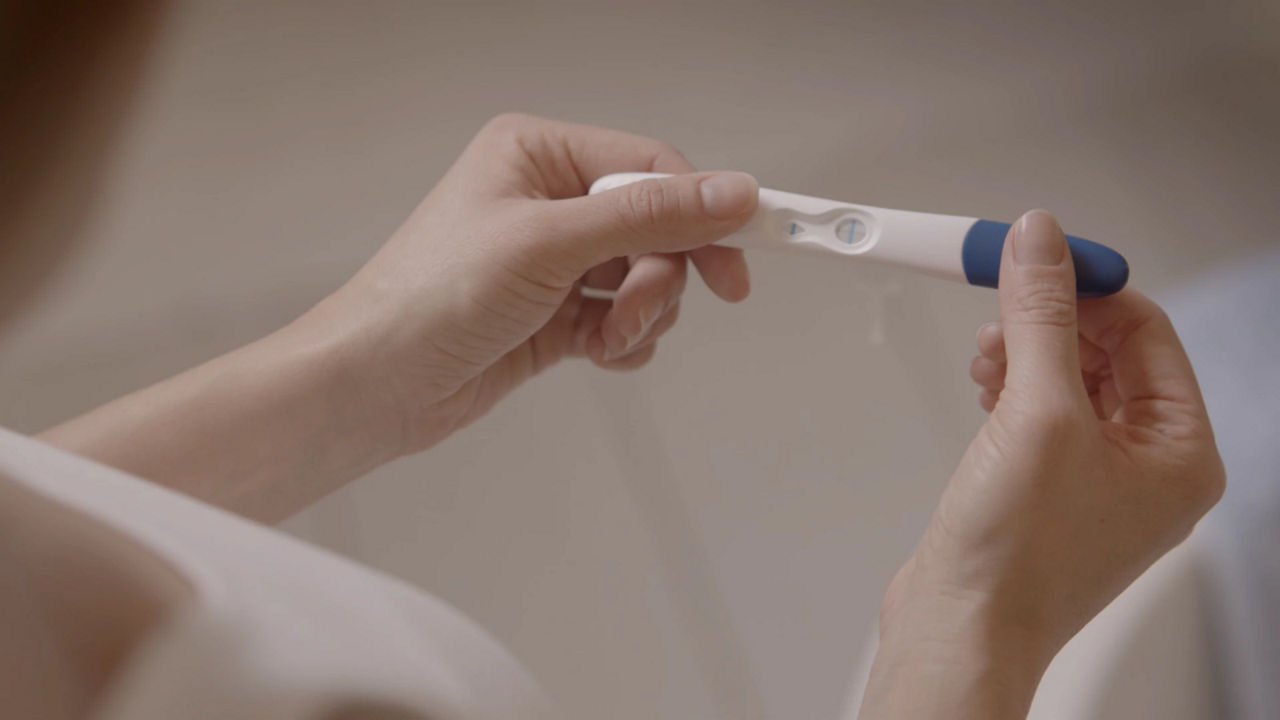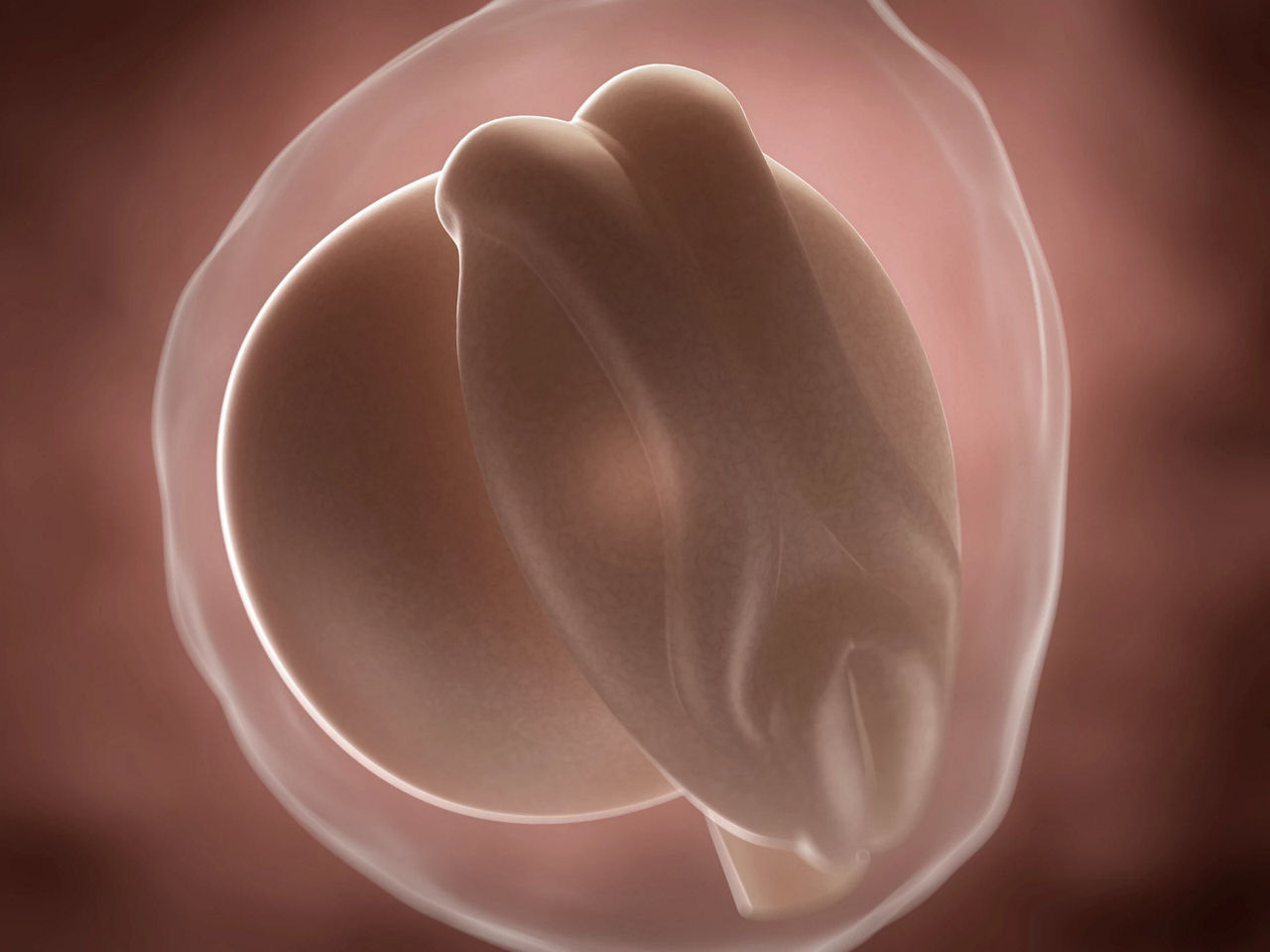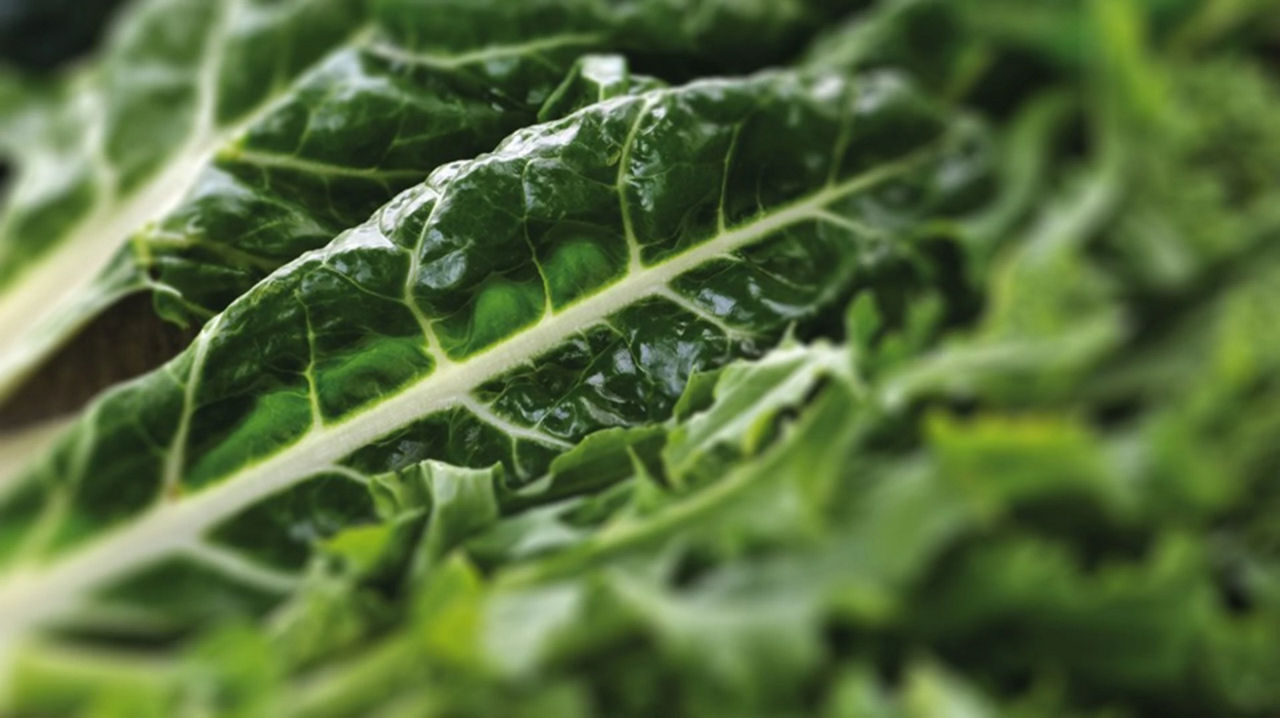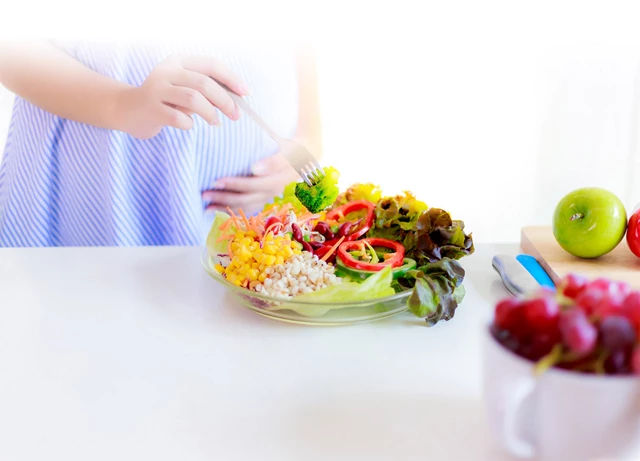At this stage, there’s not much to see. Your newly-fertilised egg is called a zygote1. 90 hours after fertilisation, cells divide and subdivide into a tiny mass that will travel from your fallopian tubes to your uterus. After four weeks, your baby will be the size of a poppy seed and will be protected by an amniotic sac. This is filled with cushioning fluid, and attached to a tiny yolk sac that provides your baby with nourishment. The outer layer will develop into the placenta, providing your baby with oxygen and nutrients2.
Early Signs of Pregnancy

Explore pregnancy stages week by week
One to four weeks pregnant is how many months?
Month 1 (Trimester 1)
Your Baby’s Growth in the Womb: 1-4 Weeks

How big is my baby at 1-4 weeks pregnant?
Around 6-10 days after ovulation you may notice some light spotting as the bundle of cells, now known as a blastocyst, attaches to the wall of your womb1.
The first signs of pregnancy
Body changes in early pregnancy
It’s unlikely you’ll look pregnant: most first-time mums don’t start showing until at least week 12. It’s unlikely you’ll feel pregnant, too, but that will change when the ‘pregnancy hormone’ - human chorionic gonadotrophin2 - becomes active. That said, you’re starting to grow a brand new organ - the placenta.
By week 4 of pregnancy, your baby will get their nourishment from a tiny yolk sac, but this will be replaced by the placenta2. This brand new organ will supply your baby with oxygen and nutrients needed to grow and develop. It also passes antibodies to your baby, for resistance to infection throughout pregnancy3.
Another function of the placenta is hormone production3. These hormones help your baby grow and develop while supporting your own physical changes. Progesterone and relaxin, for example, both have a relaxant effect on your muscles, allowing your uterus to adapt and make room for your growing baby4.

Early Symptoms of Pregnancy at 1-4 Weeks
Early pregnancy symptoms5 can be subtle, and are sometimes missed. That said, it’s possible you may experience some of the following:
- A missed period
- A need to wee more frequently
- A metallic taste in your mouth
- Changing tastes in food
- Morning sickness
- A milky white discharge from your vagina (perfectly normal)
Focus on Vitamin C
Vitamin C is a vital nutrient in the first 4 weeks of pregnancy. It plays an important role in keeping cells healthy and contributes to normal collagen function. Collagen gives support and structure to tissue and organs such as skin, blood vessels and cartilage6, and is one of the building blocks of your rapidly growing placenta.
Vitamin C supports the immune system by keeping cells healthy and helping wounds to heal6.
The Science behind C in early pregnancy, Powered by Nutricia
Powered by Nutricia
Vitamin C is needed to make collagen, one of the fibres which supports normal growth, bone strength and wound healing. It also helps your baby absorb and store iron for later use which will help with their learning and growth in the first six months of life7.
Vitamin C aids absorption of ‘non-haem’ iron (iron found in plants like spinach, broccoli and strawberries) into the bloodstream8. Iron is a key component of your blood, helping to transport oxygen around your body9 and to your baby. A healthy supply of this mineral is essential for your baby’s normal cognitive function.
The recommended dose for vitamin C during pregnancy is 40mg per day, and 50 mg per day in the last trimester10. This increases when breastfeeding to a recommended 70mg per day10.
Vitamin C dissolves in water and isn’t stored by the body, so a daily intake during pregnancy is essential. Fortunately, you can get all the vitamin C you need to support you and your baby by eating a well-balanced diet that includes plenty of fruit and vegetables11.
Early pregnancy diet
There's nothing specific to avoid during individual weeks, but throughout your pregnancy, it's wise to give the following a miss:
- Raw and undercooked meat
- Unpasteurised milk and dairy products
- Liver, and excessive consumption of foods high in vitamin A
How much weight should I gain during pregnancy?
Weight gain during pregnancy depends on your pre-pregnancy weight, and varies a great deal from mother to mother. Most women gain between 10kg and 12.5kg (22–28lb) while pregnant, some of which is the weight of the growing baby14. Learn everything you need to know about weight gain in pregnancy.
related articles
Read More

Get in touch with our Careline experts
Our nutritionists and feeding advisors are always on hand to talk about feeding your baby. So if you have a question, just get in touch
- Deans A. Your New Pregnancy Bible, The experts’ guide to pregnancy and early parenthood. 4th ed.London: Carroll & Brown Publishers Limited, 2013. p.14.
- NHS. Start 4 Life. 1st trimester, week 4 [Online]. Available at: https://www.nhs.uk/start4life/pregnancy/week-by-week/1st-trimester/week-4/ [Accessed October 2019].
- NHS. What is the placenta? [Online]. Available at: https://www.nhs.uk/common-health-questions/pregnancy/what-is-the-placenta/ Page last reviewed: 3 September 2018.Next review due: 3 September 2021.
- You and your hormones, Placenta [Online]. Available at: https://www.yourhormones.info/glands/placenta/ Page last reviewed: February 2018.
- NHS. Signs and symptoms of pregnancy [Online]. Available at: https://www.nhs.uk/conditions/ pregnancy-and-baby/signs-and-symptoms-pregnancy/ Page last reviewed: 8 October 2019. Next review due: 8 October 2022.
- Maggini S et al. Essential Role of Vitamin C and Zinc in Child Immunity and Health. J Int Med Res 2010; 38: 386 - 414.
- NHS. Vitamins for children [Online]. Available at: https://www.nhs.uk/Conditions/pregnancy-and-baby/Pages/vitamins-for-children.aspx Page last reviewed: 1 February 2018. Next review due: 1 February 2021.
- British Nutrition Foundation. Vitamins [Online]. Available at: https://www.nutrition.org.uk/nutritionscience/nutrients-food-and-ingredients/vitamins.html?start=12 Page created July 2009. Revised February 2016.
- NHS. Iron [Online]. Available at: https://www.nhs.uk/conditions/vitamins-and-minerals/iron/ Page last reviewed: 3 March 2017. Next review due: 3 March 2020. 10
- British Nutrition Foundation. Nutrition Requirements [Online]. Available at: https://www.nutrition.org.uk/attachments/article/234/Nutrition%20Requirements_Revised%20Oct%202016.pdf Last reviewed: Oct 2016. Next review due: Oct 2019.
- NHS. Vitamins, supplements and nutrition in pregnancy, Vitamin C [Online]. Available at: https://www.nhs.uk/conditions/pregnancy-and-baby/vitamins-minerals-supplements-pregnant/ Page last reviewed: 26 January 2017. Next review due: 26 January 2020.
- NHS choices. How much weight will I put on during my pregnancy? [Online]. Available at: https://www.nhs.uk/chq/Pages/2311.aspx?CategoryID=54 Page last reviewed: 18 October 2018. Next review due: 18 October 2021.Last reviewed: 9th September 2016
Last reviewed: 13th May 2022
Reviewed by Nutricia’s Medical and Scientific Affairs Team



